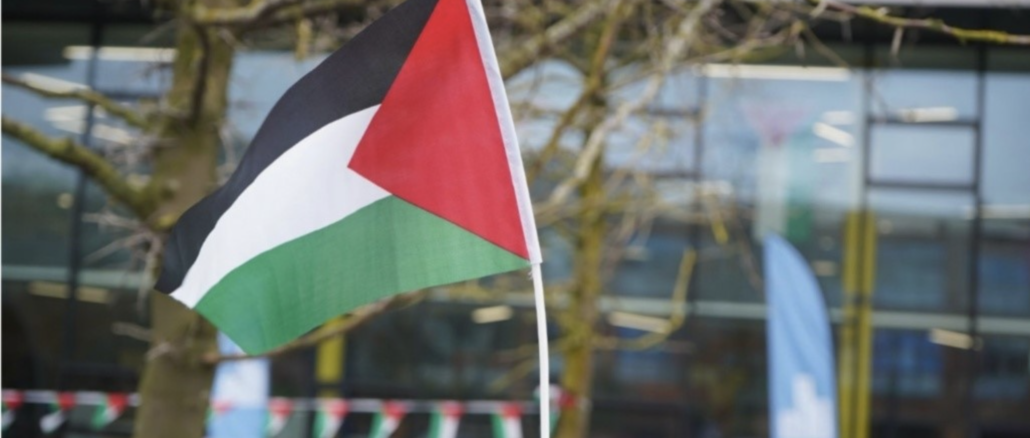
Taoiseach Micheál Martin has shelved the Occupied Territories Bill, looking to replace the bill with new legislation due to it being ‘unconstitutional as drafted.’
Put forward in 2018 by opposition in response to Israel, the bill proposed to ban trade, goods, or services from any occupied territories around the world. It would stop imports from illegal settlements or countries that controlled territories with hostile armies. Importation under the bill from an Occupied Territory would be a criminal offense with the consequence of up to a 250,000 euro fine and a five-year jail sentence.
Ireland imports supermarket, home/hardware, beauty and kid’s products from Israel.
New legislation looks to only ban trade as Tánaiste Simon Harris stated the ban on services was dropped for legal reasons. These services include IT, music, online tools, insurance, financial and mechanical.
In 2019, 82% of DCU students voted for following the BDS movement (Boycott, Diversion, and Sanction), which favoured supporting Palestine, with 1400 students voting to boycott Israeli goods. 30% of Ireland’s trade is in these goods.
Students around the Glasnevin campus have spoken to The College View about their thoughts on the issue of the prolonged bill.
The majority of students believed those in power, institutions, and other students should take a stance on political matters. Instead of being ‘complacent on serious issues,’ as a social science student said.
However, many outside of politics, media, or law were unaware of the bill.
Mohammed Siya, a master’s student for public relations and strategic communications, discussed this. Mentioning he feels the issue is more than the bill.
“The government should be looking for a solution and putting an end to the conflict,” he said.
He agreed with boycotting and that it was an effective way for students to take an active approach, but he thought it was only a short-term action. Saying students should be more open to having conversations about the actions of the government.
“Prolonging the bill means the issue is being pushed away and expanded-not solved,” he said.
The effects of the bill has caused a lot of discussion amongst parties, the public, and students. With Dáil time being given in attempts to pass legislation.
Noel Rock, former Fine Gael TD and current politics lecturer at DCU said the government is taking a lot of time to think about the bill carefully, as at its current stage there are issues with its compatibility with the Irish constitution.
He suggests putting together a bill with a team of legal experts that would achieve the aims and objectives set out constitutionally.
“The majority of Irish people want to see a bill. Whether you’re in agreement or disagreement with them, they (bills) all affect us all,” he said.
A branch of the university, DCU Student Justice in Palestine (DCUSJP) was also set up in 2019 to campaign, educate, and build a culture of solidarity on campus.
President of DCU, Dáire Keogh, confirmed at the time that “the university also has no investments in Israel.”



